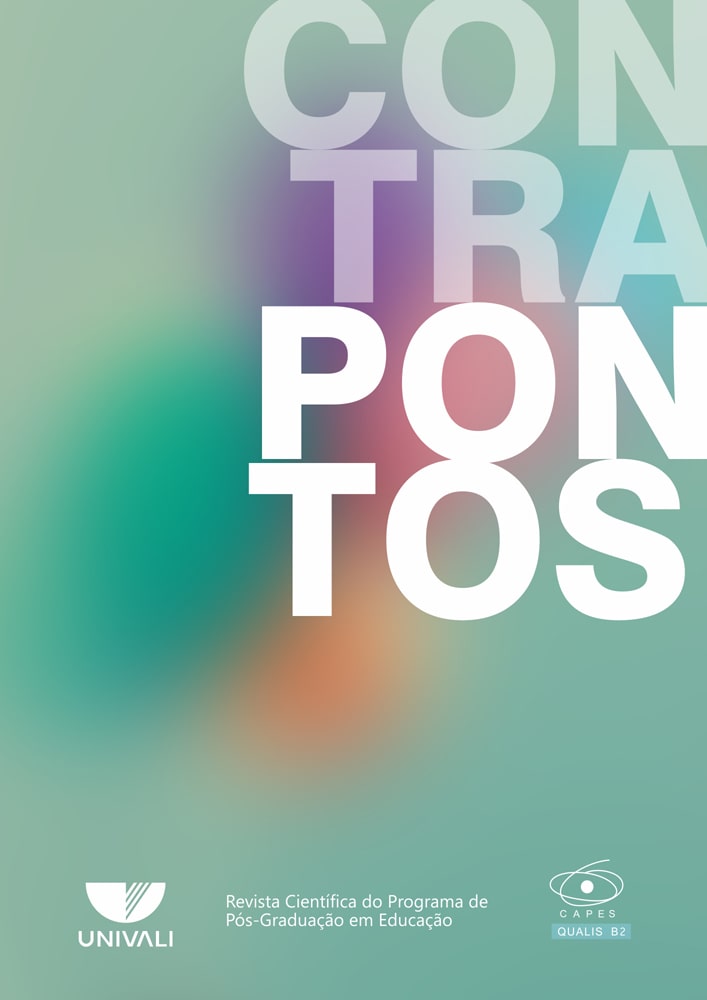THE BANALIZATION OF SOCIAL INJUSTICE AND THE PEDAGOGY OF SUFFERING: CATEGORIES FOR THINKING ABOUT EDUCATION UNDER NEOLIBERALISM
DOI:
https://doi.org/10.14210/contrapontos.v19n1.p90-103Keywords:
Neoliberal reason, Social suffering, CollaborationAbstract
This article analyzes the human suffering caused in labor relations by the new demands of the neoliberal market, with its psychological violence and the institutionalization of the banalization of social injustice. Our bibliographical research, from a perspective of philosophical criticism, is inscribed in the possible spaces of the subjective mechanisms of domination of neoliberalism; the psychic effects on the human that become devastating, whose social sufferings are somatized in society and are not always structurally considered by education. We consider neoliberalism as the manifestation of the new global rationality, expounded by authors such as Pierre Dardot and Christian Laval (2016), which prevails in local governments; but above all, it assumes the very conduct of the governed by tacitly imposing the creation of a new ethic by which social relations are established: the market and businessmen. It is a subjective mechanism of contemporary colonization whose new mercantile morality subalternizes consciences and makes them docile. By subalternization, we identify intimidation and fear in labor relations as new tactics of domination, as pointed out by Paulo Arantes (2014) and Cristophe Dejours (2001). Social suffering is the consequence of this new capitalist ethos-rationale. Also, in the scope of this investigation, we point to the structural categorization of the pedagogy of suffering and the necessary sacrifice in society, analyzed by Veena Das (2008), as constructs of social cohesion, conformation and legitimation of this new neoliberal morality through culture and education for the consolidation of modern society.
Downloads
Published
Issue
Section
License
Upon acceptance of an article, the author gives full rights of the work to Contrapontos., but retains the authorship. The published work is considered collaboration. Thus, its author will not get paid nor will s/he be charged by Contrapontos. The responsibility of the article solely goes to the authors. Citations and transcriptions are allowed by mentioning the sources.
Â

This work is licensed under a Creative Commons Attribution 4.0 International License.

